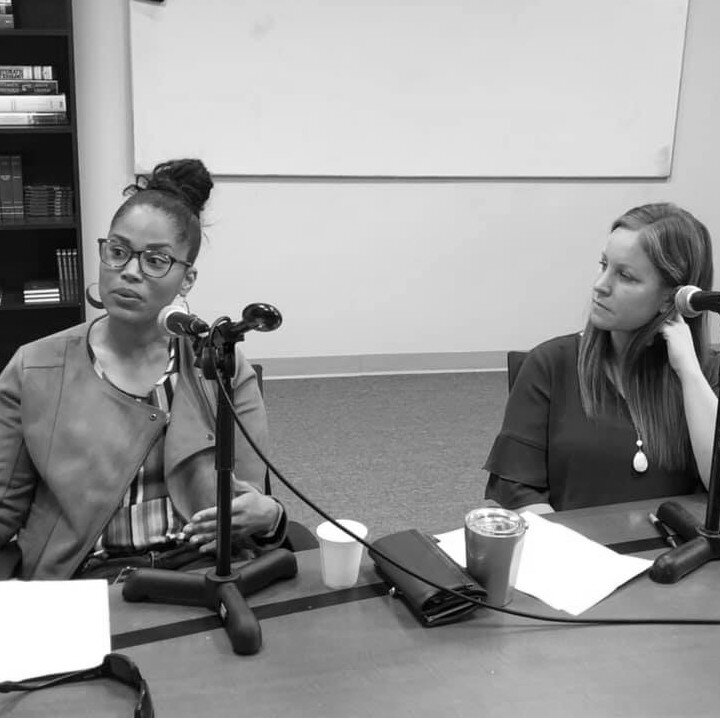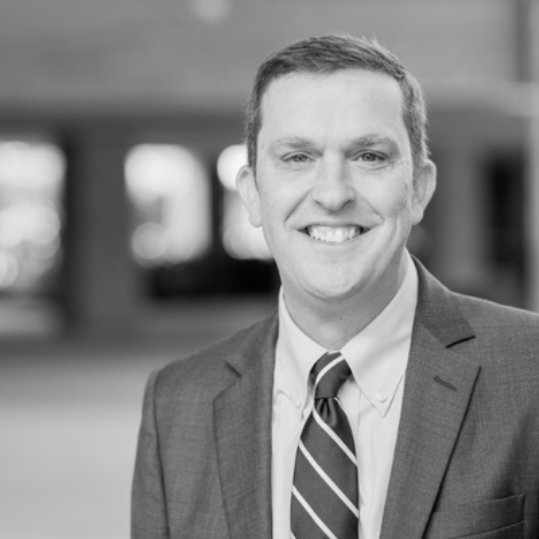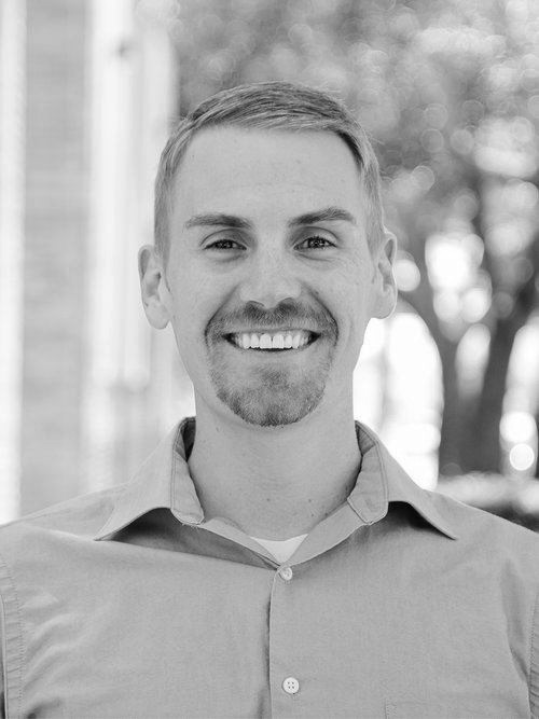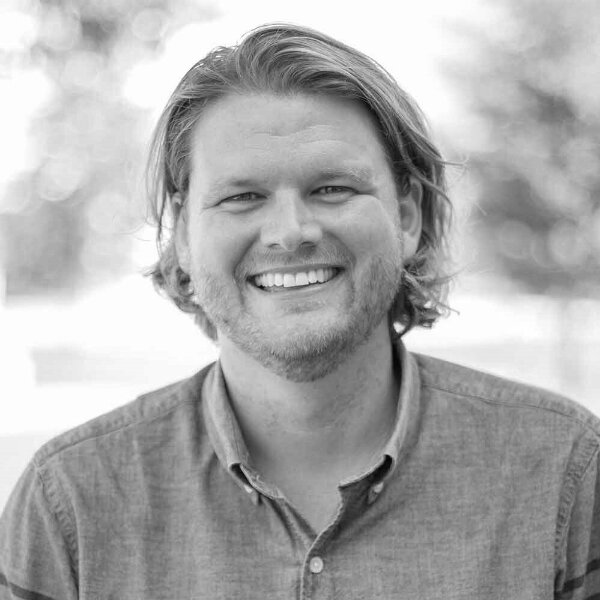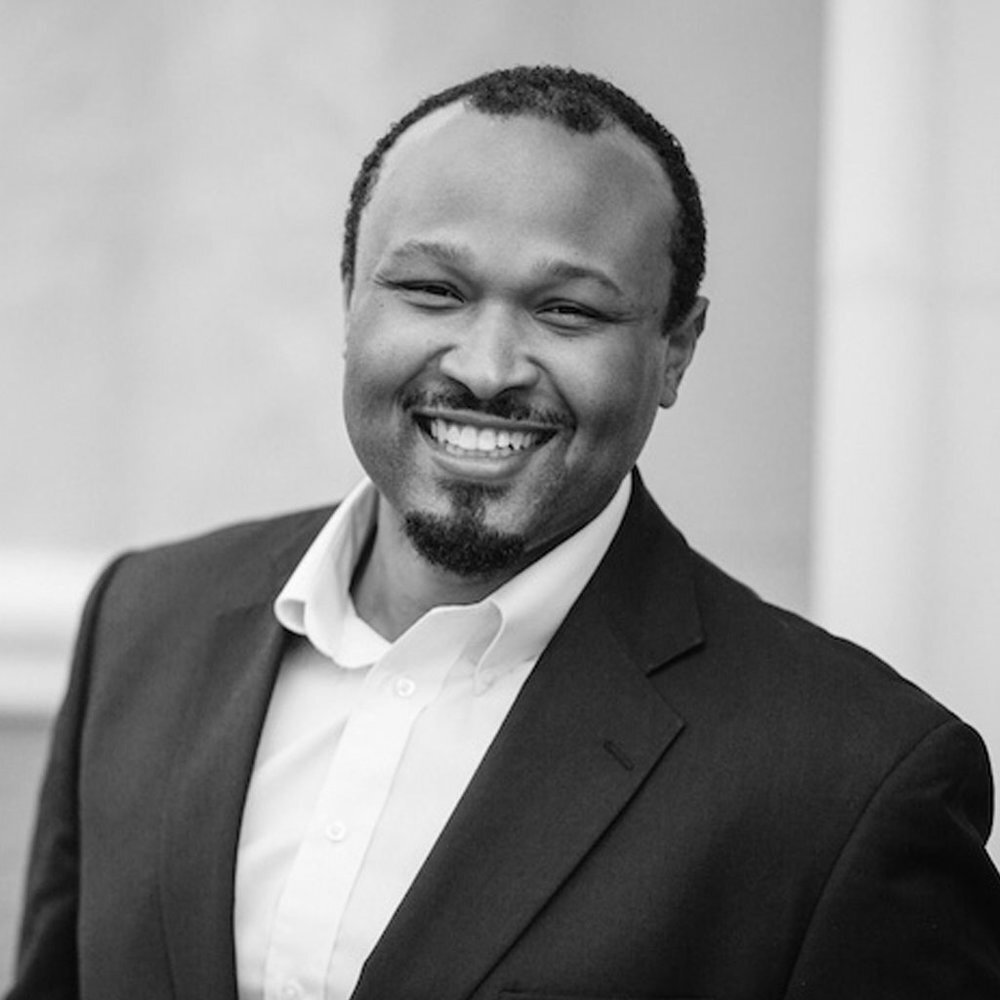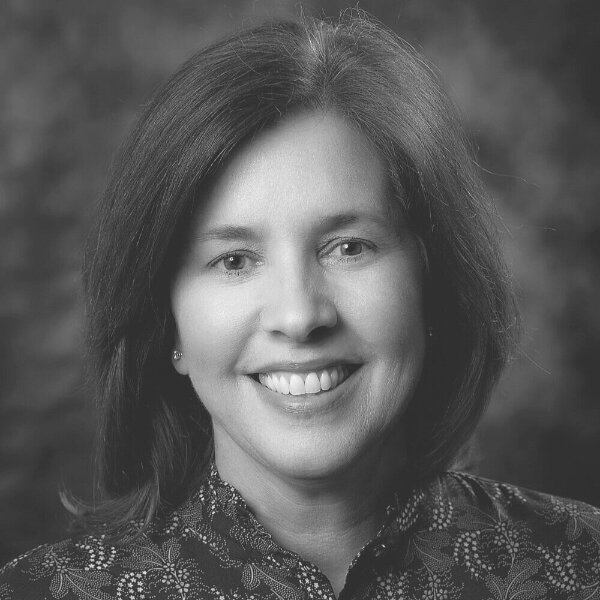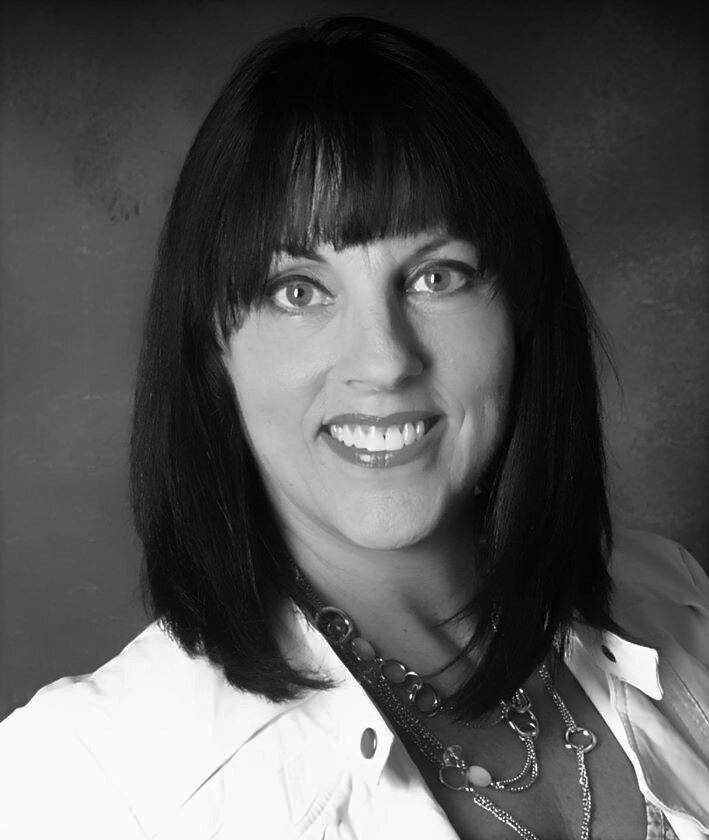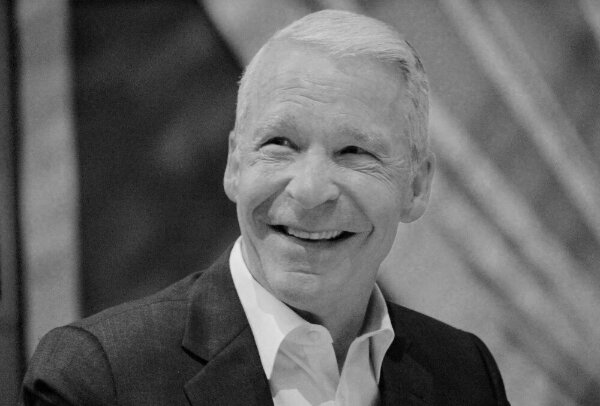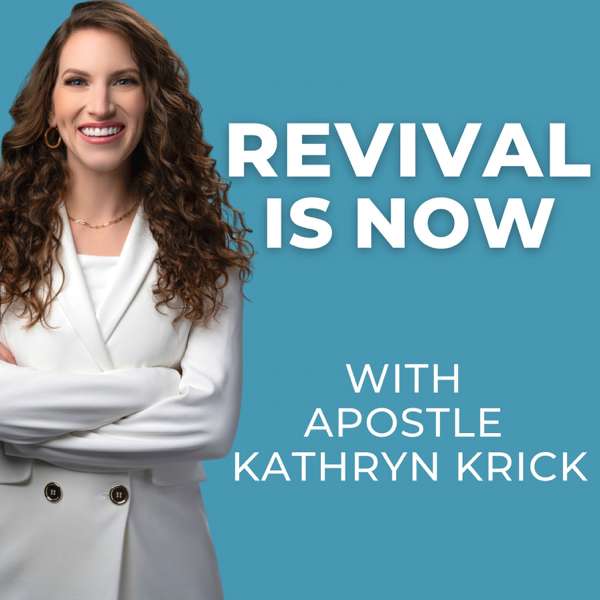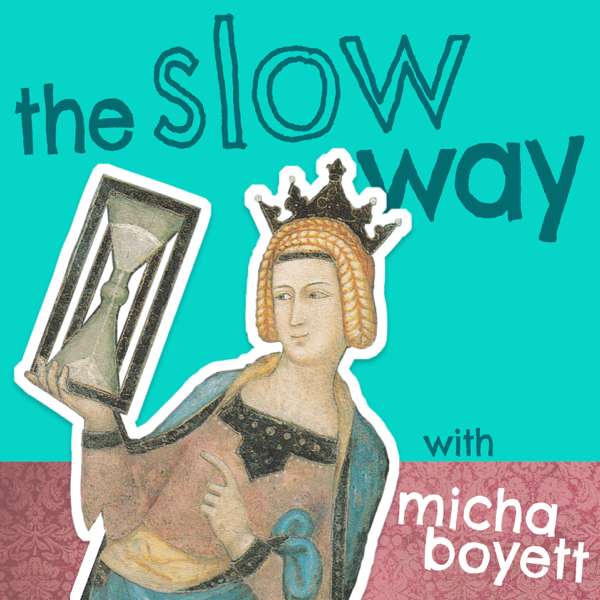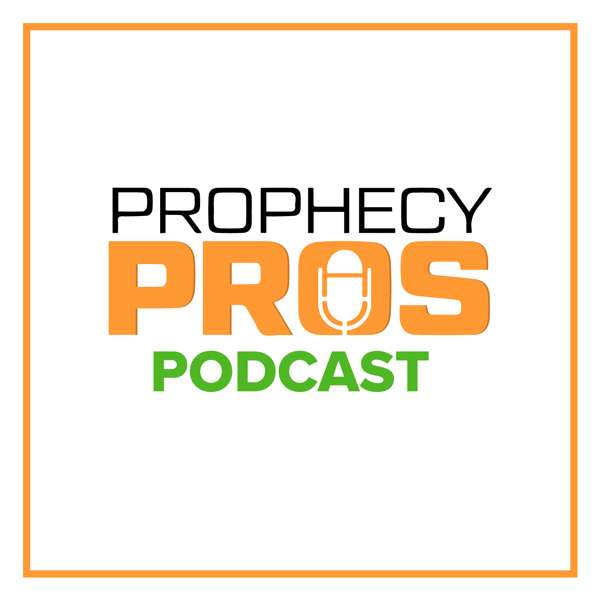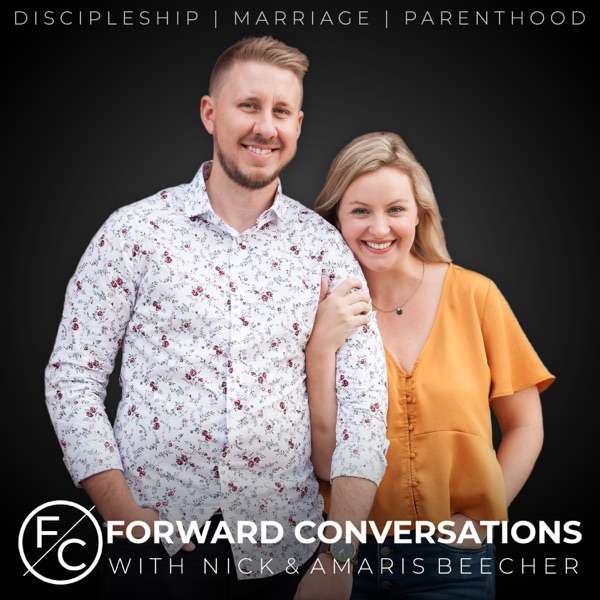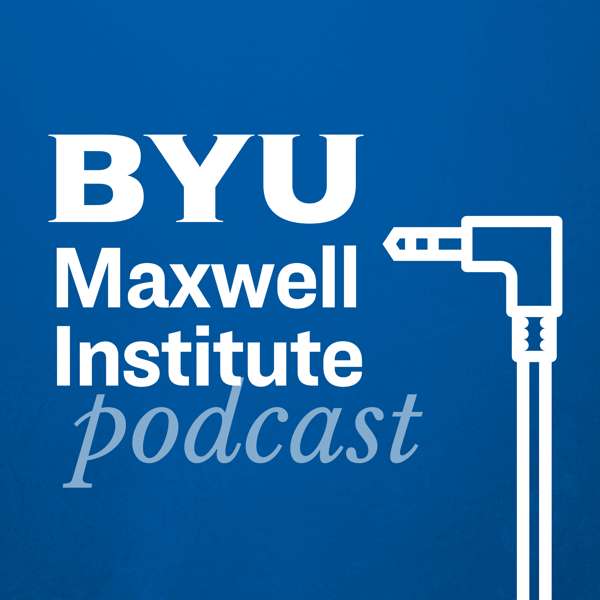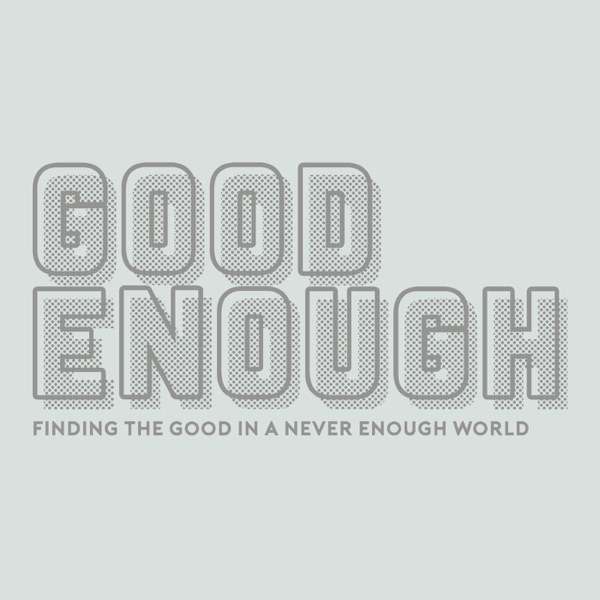Isaac Adams unpacks certain painful aspects of the broken trust in American culture and in the church. He talks about the challenges of being profiled, leaned upon as people’s “one black friend,” de facto segregated society, redlining, over-policing, and the long tail of the cumulative effects of these and a number of other things.
Adams explains how public videos like George Floyd elicit secondary trauma in black persons due to other negative incidents from their own lives, as well as the ways in which there is a greater collective cultural dynamic. Adams unpacks the ways in which people interpret data and encourages how it relates to humility, compassion, and kindness.
Encouraging us to believe black people when they share their experiences instead of putting them on trial, Adams also urges us to pray for human flourishing in this cultural moment, sharing why he started United? We Pray.
The hosts and Isaac Adams discuss:
- Introduction and background for Isaac (1:51)
- “Why is there so much anger out there?” (3:36)
- Factors (injustices) that fuel anger (8:14)
- Black people in plain sight, yet unseen (13:00)
- Basic primer on historical racial pains (13:36)
- Redlining, accumulated wealth, over-policing, and a growing national concern (16:58)
- The symbolism of a police knee on a George Floyd’s neck (22:04)
- Why we should care (26:52)
- Personal experiences of racism in Israel Adams’ life (28:49)
- Continuing to care when you feel overwhelmed (30:50)
- Engaging the conversation in a redemptive manner (34:38)
- United We Pray—encouragement to pray together through these issues (40:30)
- A hopeful vision for the church in these volatile times (45:01)
Questions to discuss with your family and community:
1. What might be factors that limit our perspective on other cultures? What factors might limit our perspective on acts of injustice?
2. When you think of a racist action, what type of things come to your mind? How might other ethnicities answer this question differently?
3. How might Christians lead on issues of injustice? How would that be different than what the world has to offer?
4. What can we do on this matter that would make the world say, “Wow, look at the way they love each other”?
5. End in prayer. Pray for our country, city, and community. Pray that God would make these places where justice thrives. Pray that God would open our hearts to hear the instruction and rebuke of voices that are different from ours. Pray that God would make us more loving in our listening, speaking, and care for one another, that the world may see our good deeds and glorify God.

 Our TOPPODCAST Picks
Our TOPPODCAST Picks  Stay Connected
Stay Connected


